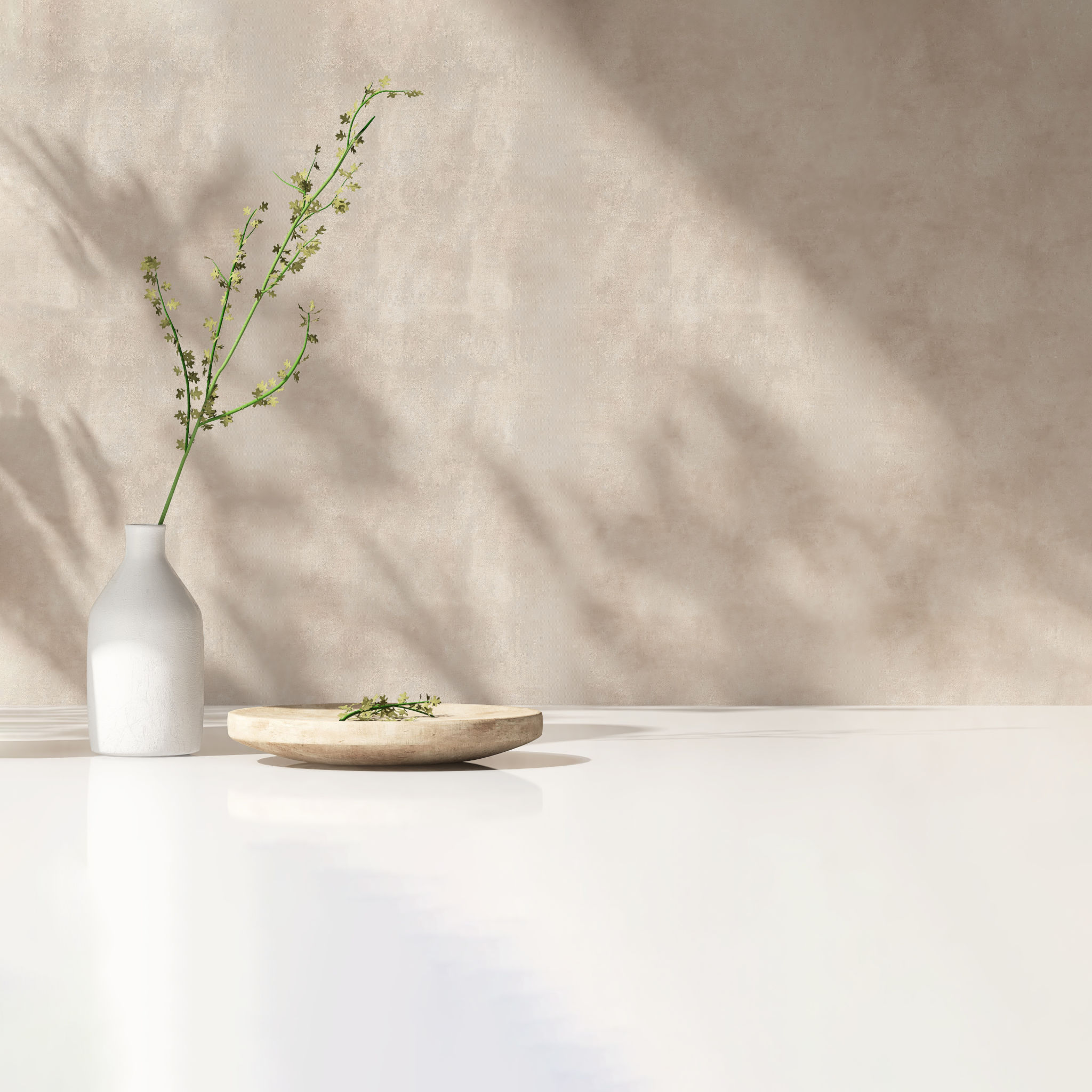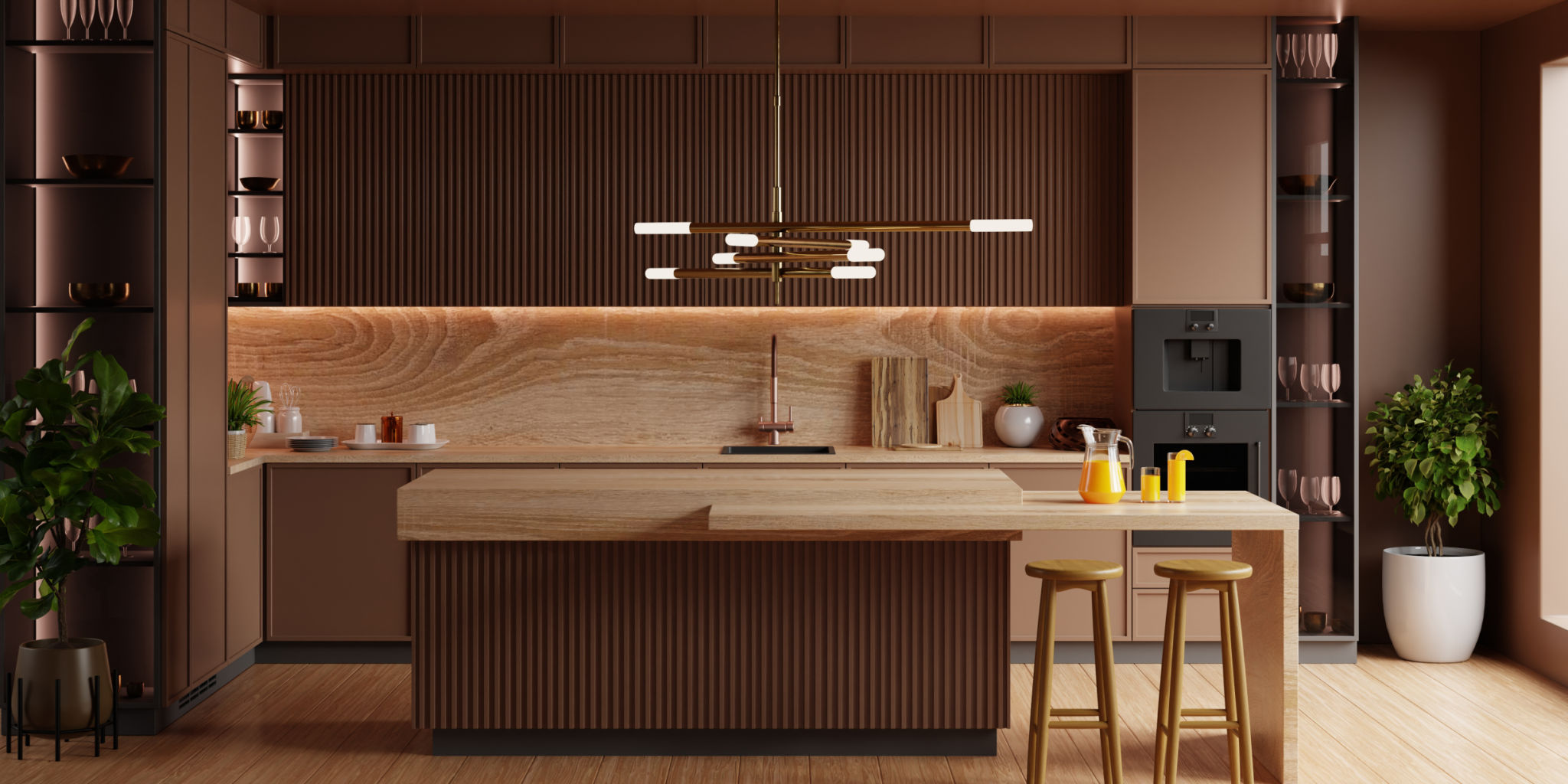Creating a Modern Kitchen: Essential Features and Innovative Ideas
Designing a Functional Layout
When creating a modern kitchen, the layout is the foundation of both functionality and style. A well-planned kitchen layout ensures efficiency, allowing you to move seamlessly between cooking, cleaning, and dining areas. Consider the classic work triangle, which connects the refrigerator, sink, and stove, minimizing unnecessary movement. Alternatively, explore open-concept designs that integrate cooking spaces with living or dining areas, fostering a more inclusive and social environment.
Remember to incorporate sufficient storage solutions to maintain a clutter-free look. Custom cabinetry, pull-out shelves, and built-in organizers can maximize space and keep your kitchen essentials easily accessible. A modern kitchen thrives on clean lines and minimalistic design, so maintaining an organized space is crucial.

Incorporating Smart Technology
The integration of smart technology is a hallmark of modern kitchens. From smart refrigerators that can create shopping lists to voice-activated ovens, technology streamlines tasks and enhances convenience. Consider installing Wi-Fi-enabled appliances that can be controlled remotely via smartphone apps, making meal preparation more efficient and enjoyable.
Lighting is another area where smart technology can shine. Implement smart lighting systems that allow you to adjust brightness and color temperature to suit different moods or times of day. This not only enhances the ambiance of your kitchen but also contributes to energy savings.
Choosing Sustainable Materials
Sustainability is a key consideration in modern kitchen design. Opt for eco-friendly materials like bamboo flooring, recycled glass countertops, or FSC-certified wood cabinetry. These materials not only reduce environmental impact but also add a unique aesthetic appeal to your space.
Additionally, consider energy-efficient appliances that minimize electricity consumption. Look for Energy Star-rated options that offer superior performance while reducing your carbon footprint. Sustainable choices contribute to a healthier planet and can also lower utility bills in the long run.

Embracing Minimalism and Neutral Tones
A modern kitchen often embraces minimalism, focusing on clean lines and uncluttered spaces. Neutral tones like white, gray, and beige dominate the color palette, creating a soothing and timeless ambiance. However, don't shy away from adding a splash of color through accessories or a feature wall to inject personality into the space.
Minimalist design extends to the choice of hardware as well. Opt for sleek handles or even handleless cabinets to achieve a streamlined look. This approach keeps the focus on the architectural details and high-quality finishes that define modern kitchens.
Integrating Multi-Functionality
In modern kitchens, multi-functionality is key. Consider incorporating an island that serves dual purposes: as a food preparation area and a casual dining spot. This addition not only enhances functionality but also provides a focal point for social interactions.

Moreover, think about integrating built-in seating or breakfast nooks to maximize available space. These elements offer comfortable seating options without intruding on the main cooking area, making your kitchen more versatile for various activities throughout the day.
Conclusion: Crafting Your Ideal Modern Kitchen
Creating a modern kitchen involves a blend of functionality, technology, sustainability, and aesthetics. By carefully considering layout, embracing smart technology, choosing sustainable materials, and adopting minimalist design principles, you can craft a kitchen that is not only beautiful but also highly practical. Remember to personalize the space with elements that reflect your unique style and lifestyle needs. With thoughtful planning and innovative ideas, your modern kitchen can become the heart of your home.